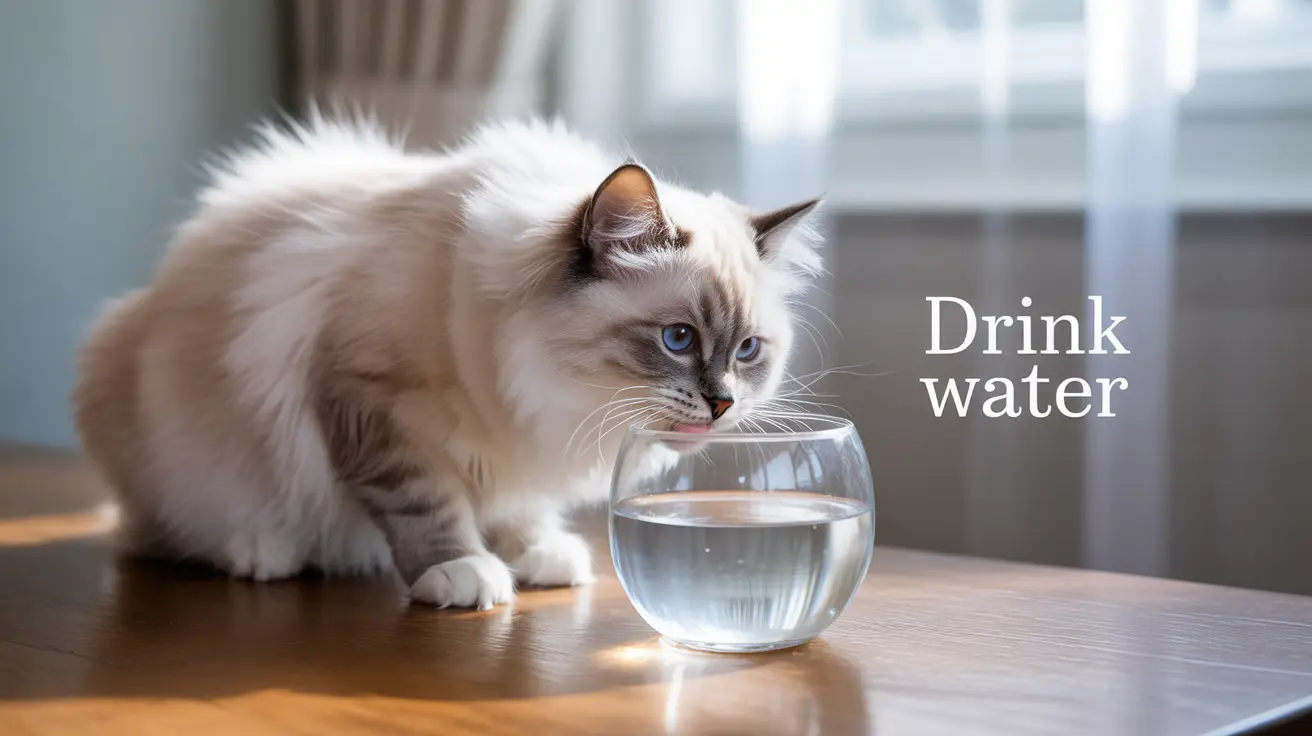Many pet owners wonder about giving Gatorade to their cats, especially when concerned about dehydration. While this popular sports drink might seem like a quick solution for a dehydrated cat, veterinary experts strongly advise against it. This comprehensive guide will explore why Gatorade isn't suitable for cats and what alternatives you should consider instead.
Understanding the risks of Gatorade for cats is crucial for responsible pet ownership. Let's examine why this human sports drink can be harmful to our feline friends and learn about safer ways to keep them properly hydrated.
Why Gatorade Is Dangerous for Cats
Gatorade's formulation is specifically designed for human athletes, containing ingredients that can be harmful to cats. The high sugar content, artificial additives, and imbalanced electrolyte levels make it potentially dangerous for feline consumption.
The primary ingredients in Gatorade that pose risks to cats include:
- High concentrations of sugar and sodium
- Artificial sweeteners and flavoring agents
- Chemical preservatives and dyes
- Electrolyte ratios designed for humans, not cats
Understanding the Health Risks
Giving Gatorade to cats can lead to several serious health complications:
Immediate Health Concerns
- Digestive upset and diarrhea
- Vomiting
- Electrolyte imbalances
- Potential allergic reactions
Long-term Health Issues
- Diabetes risk from high sugar content
- Kidney strain from excessive sodium
- Dental problems
- Weight gain and obesity
Safe Hydration Alternatives for Cats
Instead of Gatorade, consider these veterinarian-approved options for keeping your cat hydrated:
Water-Based Solutions
- Fresh, clean water (changed daily)
- Pet water fountains
- Ice cubes made from plain water
Veterinary-Approved Options
- Pet-specific electrolyte solutions
- Low-sodium bone broth
- Unseasoned tuna water (in moderation)
Signs of Dehydration in Cats
Knowing when your cat needs hydration help is crucial. Watch for these warning signs:
- Sunken eyes
- Dry, tacky gums
- Reduced skin elasticity
- Lethargy
- Decreased urination
- Loss of appetite
How to Properly Hydrate Your Cat
Maintaining proper hydration in cats requires a proactive approach:
- Place multiple water bowls throughout your home
- Clean and refill water dishes daily
- Consider wet food as part of their diet
- Monitor water intake, especially during hot weather
- Consult your veterinarian if dehydration concerns persist
Frequently Asked Questions
Is it safe to give Gatorade to my cat if it's dehydrated?
No, Gatorade is not safe for cats. The high sugar content and improper electrolyte balance can worsen dehydration and cause additional health problems. Always consult your veterinarian for proper treatment of dehydration.
What are the health risks of feeding Gatorade to cats regularly?
Regular consumption of Gatorade can lead to obesity, diabetes, kidney problems, and severe electrolyte imbalances in cats. The artificial additives and high sugar content can cause both immediate and long-term health issues.
What ingredients in Gatorade make it harmful to cats?
The harmful ingredients include high amounts of sugar, sodium, artificial sweeteners, and chemical additives. These components are not suitable for feline physiology and can cause serious health complications.
How can I tell if my cat is dehydrated and what should I do?
Check for signs like sunken eyes, dry gums, reduced skin elasticity, and lethargy. If you suspect dehydration, provide fresh water and seek immediate veterinary care, especially if symptoms persist.
What are safe alternatives to Gatorade for keeping my cat hydrated?
Safe alternatives include fresh water, pet-specific electrolyte solutions prescribed by veterinarians, low-sodium bone broth, and unseasoned tuna water in moderation. Always consult your vet before introducing new liquids to your cat's diet.
Remember, when it comes to your cat's hydration needs, simple solutions are often the best. Clean, fresh water should always be your first choice, and any concerns about dehydration should be addressed with your veterinarian rather than attempting to treat them with human sports drinks.






